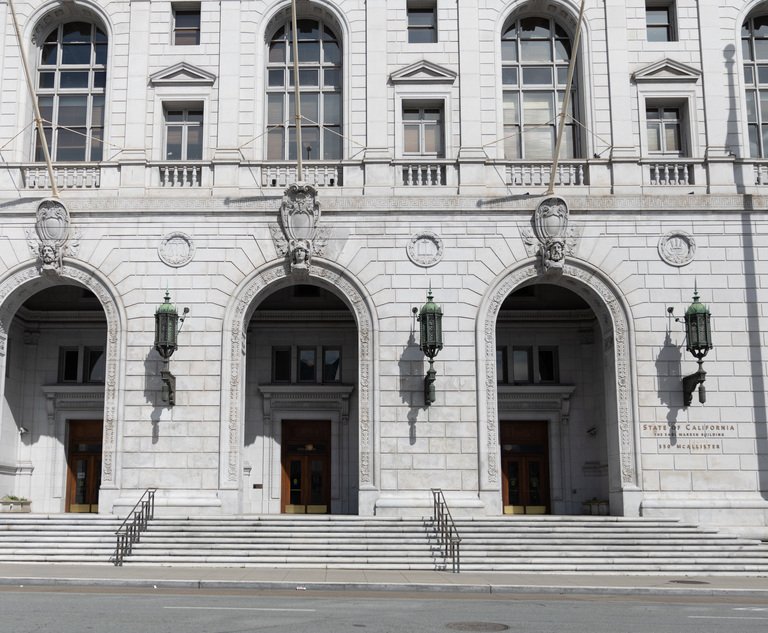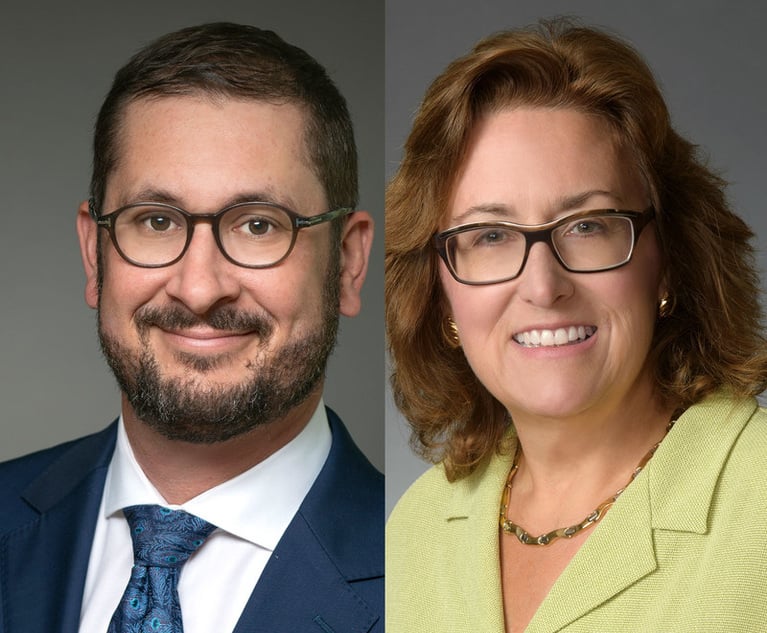In a long-awaited decision, the California Supreme Court recently issued a decision in the Adolph v. Uber Technologies case, ruling that individuals who bring claims under the Labor Code Private Attorneys General Act (PAGA) composed of individual and non-individual claims can arbitrate their individual claims if compelled to do so, but still have standing to litigate non-individual claims on behalf of other employees in court.
Background and the New Precedent
It had long been the rule in California that a PAGA claim could be split into individual and non-individual components. In June 2022, the U.S. Supreme Court in Viking River v. Moriana mostly rejected California’s position on PAGA claims and held that the Federal Arbitration Act preempted California’s rule preventing courts from dividing PAGA claims into their individual and non-individual component parts. The Supreme Court held that the PAGA claims could be split, and an employee’s individual PAGA claims could be compelled to arbitration under an enforceable agreement. Without the individual claims, a PAGA plaintiff would lack standing to pursue non-individual claims, and those claims should therefore be dismissed.
This content has been archived. It is available through our partners, LexisNexis® and Bloomberg Law.
To view this content, please continue to their sites.
Not a Lexis Subscriber?
Subscribe Now
Not a Bloomberg Law Subscriber?
Subscribe Now
LexisNexis® and Bloomberg Law are third party online distributors of the broad collection of current and archived versions of ALM's legal news publications. LexisNexis® and Bloomberg Law customers are able to access and use ALM's content, including content from the National Law Journal, The American Lawyer, Legaltech News, The New York Law Journal, and Corporate Counsel, as well as other sources of legal information.
For questions call 1-877-256-2472 or contact us at [email protected]


 Outside the California State Building at 350 McAlister in San Francisco home of the state Supreme Court and the First District Court of Appeals. (Photo: Jason Doiy/ALM)
Outside the California State Building at 350 McAlister in San Francisco home of the state Supreme Court and the First District Court of Appeals. (Photo: Jason Doiy/ALM)




